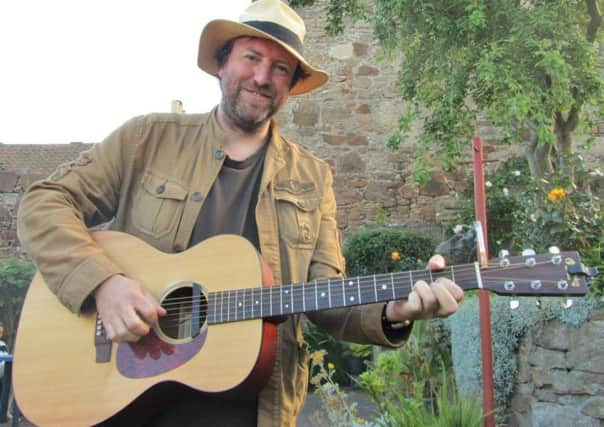Backing for Bob from St Andrews


Dylan was awarded an honorary degree by the university in 2004, when Professor Neil Corcoran said that Dylan had radically reinvented music to: “a place it had never expected to go and left the deepest imprint on human consciousness. His magnificent songs will last as long as song itself does.”
Now Dr Jim Byatt, teaching fellow in English literature, has described the award of the Nobel prize as: “a bold move, and undoubtedly controversial.
Advertisement
Hide AdAdvertisement
Hide Ad“Dylan has spoken to generations throughout the world in ways that many poets must surely envy. He’s done what every great poet has done – he’s been the political commentator, the romantic troubadour, the comedian, the enigma; he’s exhilarated, infuriated, mobilized, revolutionized, consoled and confused in equal measure.
“This, hopefully, is a watershed moment in the world of literary awards. It acknowledges the cultural contribution not just of Dylan, but of a whole lineage of intellectually astute songwriters whose collective desire has been to challenge the system through popular entertainment. He’s inspired countless ordinary people to pick up a guitar and a pen and become extraordinary, and recognition for this is long overdue. The times certainly are a changin’ and, in cultural terms at least, quite possibly for the better.”
Dr James Purdon, a lecturer in modern and contemporary literature, added that the award was not without its complexities.
“Those who worry about whether popular lyrics are ‘literature’ are missing the point: literature only happens when writers find ways to break the conventions of ‘literature’ wide open so that the language can fizz into new life,” he commented, adding: “And, of course, poets have thought of themselves as writing ‘song’ for as long as there have been poets. When he was asked by an interviewer which he considered himself — a singer or a poet — Dylan replied that he was more ‘a song and dance man’.
Advertisement
Hide AdAdvertisement
Hide Ad“So we should remember the dance as well, the fact that literature isn’t just words on a page, but the dance of words and rhythm, of performance and language, of existing traditions and their transformation. On those grounds, it’s hard to think of an artist more deserving.”